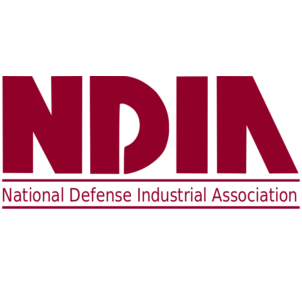Publication date: October 25, 2023
Zero-Knowledge Proof is a method by which one party can prove to another party that a given statement is true, while avoiding conveying to the verifier any information beyond the mere fact of the statement’s truth.
In blockchain, Zero-Knowledge Proof is used to enhance privacy, security, and scalability by enabling confidential transactions, private data management, and leveraging specific applications such as zkRollups.
There are two parties – prover and verifier. The prover convinces verifier of a statement’s truth without revealing extra information. Whereas, the verifier validates the proof without learning more thanks to the statement’s validity.
One example for zero-knowledge authentication is when a prover has an asymmetric key-pair (e.g. RSA, EC) and using the private key (the identifying secret) to respond to a challenge sent with the public key. The private key is never revealed, but the verifier is convinced that the prover has the key.
More
Publication date: October 25, 2023
On 25 October 2023, KIELTYKA GLADKOWSKI took part in the seminar organised by Sayari on Russia Export Controls and Dual-Use Technology: Mitigating Diversion Risk.
Russia continues to rely on Western-manufactured dual-use technology to produce advanced weapons systems and rearm its military. And while a number of countries have taken steps to curb the exporting of critical technology to Russian end users, public reporting, recent designations, and law enforcement actions shed light on intricate sanctions evasion schemes designed to procure needed technology.
The seminar analysed Russian trade data and discussed recent trends in dual-use technology procurement, and demonstrated how regulators and industry can leverage public and commercially available data to mitigate end-user risk and enhance enforcement.
More
Publication date: October 25, 2023
ChatGPT and artificial intelligence
According to many descriptions, artificial intelligence (AI) is “the ability of machines to demonstrate human skills, the ability to spontaneously adapt to changing conditions, make complex decisions, learn, and undertake abstract reasoning.” However, this is not a completely precise description, because it is difficult to define something that has so many possibilities and applications and has such a wide range of uses. This is even more difficult because there is no single specific definition of the word “intelligence.”
Currently, some of the most interesting applications of artificial intelligence are:
– games in which artificial intelligence is the opponent of the player who plays “against the computer”, not other players;
– all types of home appliances connected to the WI-FI network, such as cleaning robots, refrigerators or air purifiers;
– autonomous cars that can move without a driver inside;
– online stores where “customer assistants” in the form of chat with artificial intelligence (so-called chat bots) are available.
More
Publication date: October 25, 2023
The lawyers of KIELTYKA GLADKOWSKI are taking part in the seminar organised by the National Defence Industry Association (NDIA) devoted to CMMC: Mastering the Basics Part 1, scheduled for October 26, 2023.
The information provided during the seminar is of importance for the defence sector and transactions related to data, privacy and cybersecurity, particularly from the perspective of companies that deal with US entities.
More
Publication date: October 25, 2023
The advent of conception Next Generation Virtual Worlds has ushered in a new era of technological innovation and transformative possibilities. However, with these opportunities come a myriad of challenges that span across various dimensions. From societal implications to technical complexities, economic considerations to legal intricacies, as well as management-related hurdles and political dynamics, next generation virtual worlds present a multifaceted landscape of hurdles to navigate. In this article, we delve into the diverse challenges that accompany the rise of next generation virtual worlds, examining the social, technical, economic, legal, managerial, and political aspects that require careful consideration in order to harness the full potential of these immersive digital realms.
More



